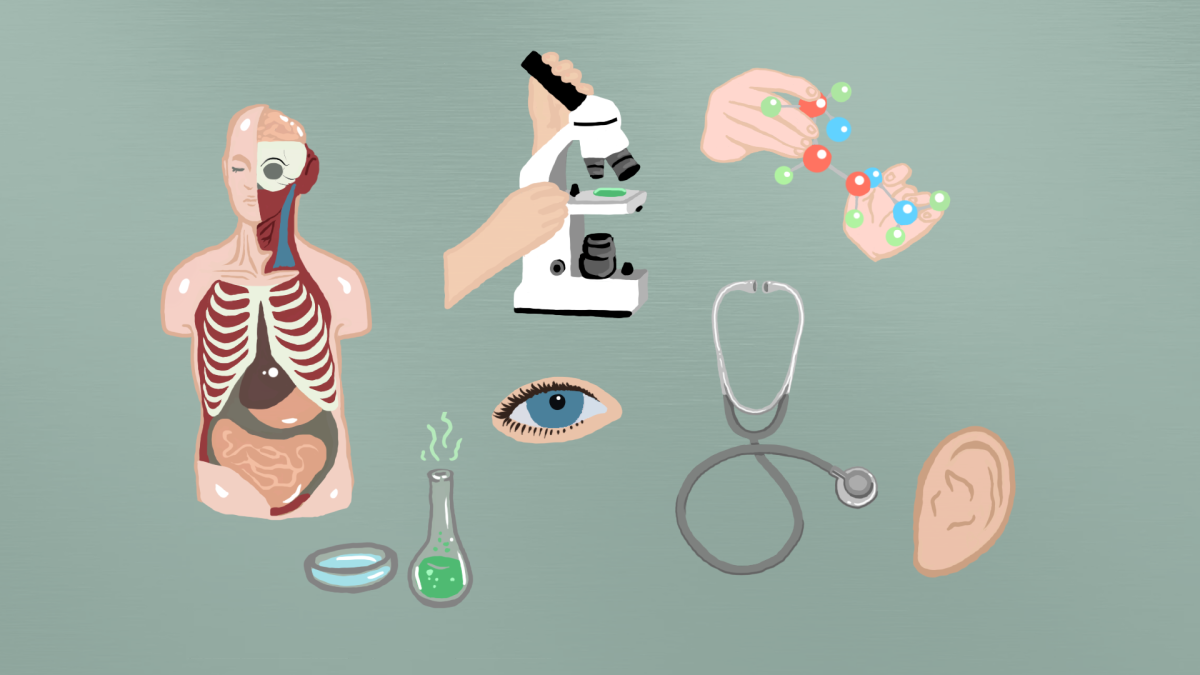A common image associated with therapy is a distressed individual lying on a couch, unpacking their sorrows as a therapist puffs on a pipe and jots down notes. As someone who regularly goes to therapy, I can say that these stereotypical Freud-esque therapists are mostly extinct and it’s not necessary for the therapy-goer to be an emotional wreck.
An individual can reap the benefits of going to therapy even when they are emotionally and psychologically stable. Mental health care isn’t exclusionary and one shouldn’t shy away from seeking therapy in the absence of a pressing issue.
I’ve attended therapy on-and-off for most of my life. I first started going as a young child to navigate family related issues and would only find myself back in a therapist’s office when I was faced with an upsetting situation.
It wasn’t until about four years ago that I started going to therapy on a regular basis, even when my life feels manageable and I don’t have any issues on the forefront of my mind.
While going to therapy doesn’t prevent challenges from arising, I’m certainly more equipped to deal with what life throws at me. Having established a trusted relationship with my therapist, I am able to approach hurdles more confidently and talk my way through what I’m experiencing.
That being said, you don’t have to be experiencing intense emotional turmoil to go to therapy.
Many people avoid seeking help because of the stigma that going to therapy indicates they are spineless. A 2021 research study on U.S. adults’ views towards mental healthcare found that 47% of participants believe going to therapy is a sign of weakness.
To say attending therapy means you are soft would be far from the truth. Rather, it demonstrates emotional maturity and a willingness to make self-improvements, even when you aren’t actively in emotional ruin.
Having a therapist regardless of your mental state has numerous benefits. For starters, both finding a therapist you feel comfortable with and building trust take time. The sooner you start, the better and the more prepared you will be for unexpected challenges.
Additionally, there is a common misconception that not having a history with mental illness means you never will. Even if one isn’t biologically predisposed or never experienced onset before adulthood, a variety of situational and environmental factors can contribute to the development of adverse mental health.
Given the possibility of late onset mental illness, it can’t hurt to have a relationship with a therapist to guide you through any difficulties you may encounter.
Clinically diagnosable mental illnesses aside, college students are especially vulnerable to dealing with feelings of anxiety, depression and stress. A 2022 survey of college students in the U.S. found that over half of respondents experienced symptoms of stress and anxiety over the course of the school year.
Again, you may not actively have stress, anxiety or depression, but they are unavoidable emotions that can be alleviated with the help of a therapist you know and trust.
When your life is mostly smooth sailing, it can be helpful to have a therapist to advise you on how to maintain your positive mindset over time. Positive psychology is a growing field that focuses on enhancing individual strengths rather than just trying to fix flawed characteristics.
Think of it like going to a primary care doctor for a physical. Even when you are in perfect health, the doctor will offer suggestions for how to sustain your physical wellbeing.
Moreover, going to therapy opens the doors to greater self-awareness. A therapist can help you better understand disadvantageous thought patterns, emotional dysregulation and unhealthy relationships. Essentially, they can offer a third party perspective on personal circumstances that may be difficult to recognize on your own.
An important thing to remember is that therapy only works if you want it to. Whether you are experiencing a crisis or going to therapy without pressing issues, being open-minded is key to benefiting from your sessions.
NC State students are fortunate to have mental health resources conveniently located on campus. The Counseling Center provides assistance for virtually any mental health related issue, but don’t hesitate to utilize their services even when you aren’t in distress.
You don’t have to meet certain criteria to seek professional mental health care. Maintaining your mental wellbeing is easier with external support, so consider building a relationship with a therapist to take a bit of the load off your shoulders.







